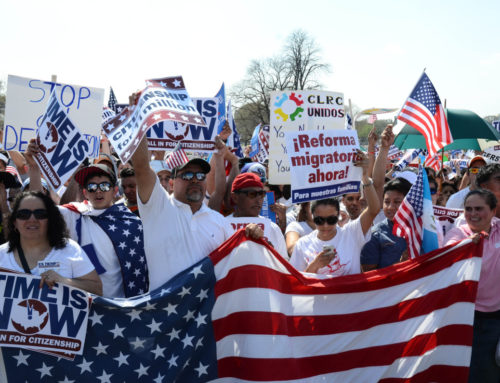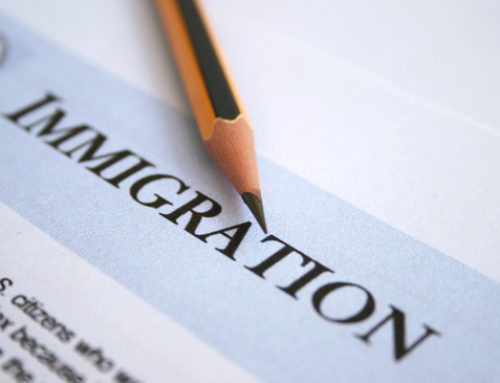July 2023 – The current administration has admitted approximately 541,000 migrants under new parole programs created to give refugees safe haven and reduce illegal border entries. According to a recent CBS News article, this was accomplished under a 1950s law that allows the use of parole authority to admit individuals who don’t have visas if related to an “urgent humanitarian” cause or “significant public benefit.” This is considered the largest expansion of legal immigration in over 30 years. The unprecedented action has permitted officials to divert migration away from the southern border. It instead provides prospective migrants with a legal and safe alternative to using smugglers or coyotes to gain entry, although it was not without controversy. The administration made the move unilaterally without a Congressional vote, as legal immigration issues have been gridlocked by partisan arguments since 1990.
Officials have invoked the parole authority to admit:
- 168,400 Latin American and Caribbean migrants (with American sponsors)
- 141,200 Ukrainian refugees (with American sponsors)
- 133,000 asylum-seekers via appointment in Mexico
- 77,000 Afghan evacuees
- 22,000 Ukrainians who entered the country over the U.S. southern border
While the 1952 law does not give migrants eligibility for permanent status or citizenship, “parole” allows them to live and work in the U.S. legally for one- or two-year renewable increments. Historically, during the Cold War, Republican and Democratic administrations alike paroled hundreds of thousands of refugees escaping the communist regimes in Cuba, Eastern Europe, and Southeast Asia.
How Biden’s Administration Has Utilized Parole
The initial large-scale use of parole took place in the summer of 2021, when the law was used to justify the resettlement of thousands of Afghans. In early 2022, Biden invoked the parole authority to admit and process thousands of Ukrainians who few at the southern border in the early days of the Russian incursion. While admitted, the administration wanted to discourage Ukrainian arrivals at the Mexican border. Instead, they established Uniting for Ukraine, a program designed to allow Ukrainians to fly directly to the U.S. and invoke the parole program if they had proven American sponsorship.
In October 2022, Biden’s team rolled out an additional sponsorship-based parole program for Venezuelan migrants who were crossing in unprecedented numbers. Based on the Ukrainian parole program model, it was further expanded in January 2023 to include migrants from Cuba, Haiti, and Nicaragua. Once again, officials used the law to stem and deter illegal border crossings by individuals from crisis-stricken regions. Subsequently, the U.S. began permitting migrants in Mexico to utilize a mobile CBP One, a mobile app, to request permission to enter the United States at a legal port of entry. Once admitted, individuals are paroled for up to two years and scheduled for an immigration court hearing which provided the opportunity to request asylum.
The Biden administration has also used the 70-year-old law to admit deported U.S. military veterans, migrant families separated under previous administrations, and at-risk Central American minors with family members in the U.S.
Cubans and Haitians with American relatives were also admitted legally under the law. although the number of migrants legally admitted is already considered historic, those numbers are anticipated to rise even further, with the CBP One app capable of processing 529,250 migrants annually. Additionally, the sponsorship programs in place for Cubans, Haitians, Nicaraguans, and Venezuelans each carry an annual ceiling of 360,000 arrivals, with Uniting for Ukraine policies indicating no upward cap on arrivals.
The immigration landscape is rapidly changing and evolving. If you are new to the United States and need clarification on the law or representation for your case – call the immigration attorneys at Probinsky & Cole.








